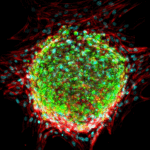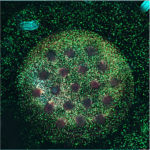HepatoPlate: Human liver organoid plate
Your time is valuable: skip the culture time and directly perform your assays.
Human relevant drug screening
Metabolic and CYP expression profiles matching human physiology to accelerate drug screening and safety assesments.
Reproducible and uniform organoids
Our HepatoPlates (PDMS free) ensure precise location of organoids in the well to support consistent and reproducible HCS imaging.
Ready to use high biomass
Up to 55 organoids per well for immediate high content screening (HCS) and -Omics in drug discovery

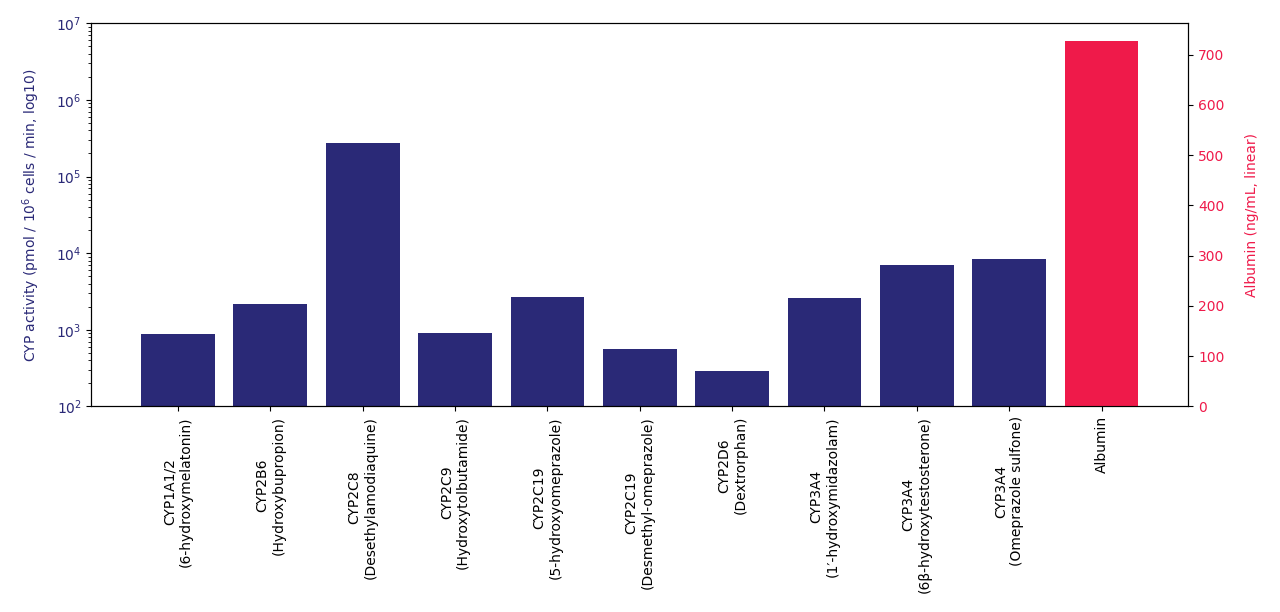

HepaRG is our standard metabolic profiling organoid line. Its closeness to human primary hepatocyte and cholangiocyte cells make it an authentic liver metabolism model. Near–primary hepatocyte levels of CYPs (see graph) make it a trustable PK/PD data generator. In addition, enzyme inducible response are close to human physiology via PXR/CAR/AhR. Our HepatoPlate-HepaRG contains more than 220 000 cells per wells, making it easy to handle for metabolic assay.
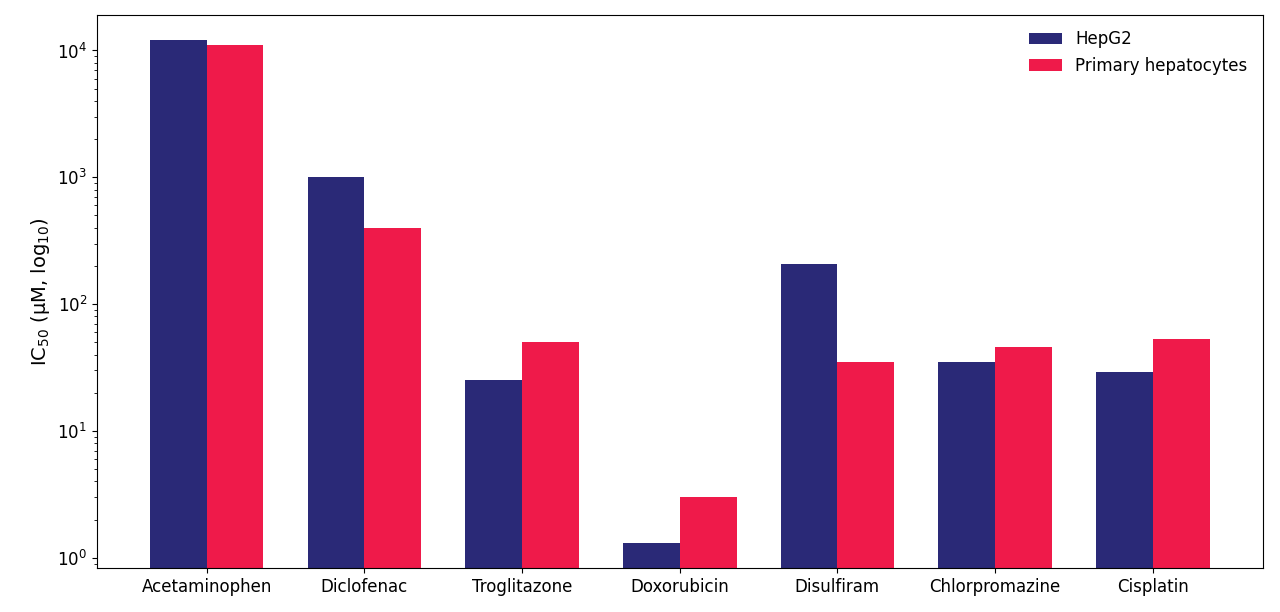
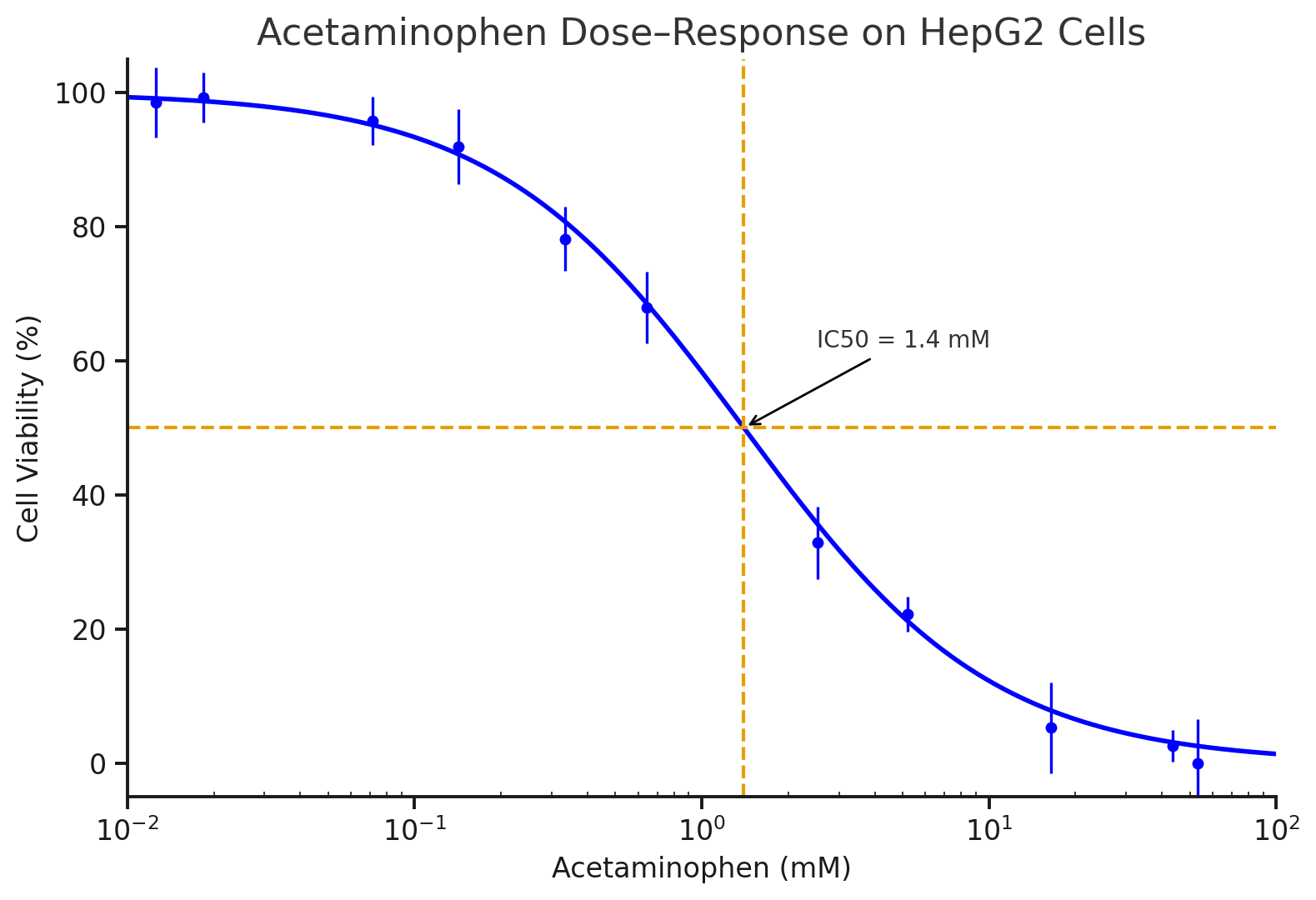
HepG2 is our standard DILI organoids models. it possesses the core liver biology (energy metabolism, oxidative stress, apoptosis, transporters, Phase II), is well standardized, can be included in regulatory tox study. Our HepatoPlate-HepG2 contains more than 220 000 cells per wells, making it easy to handle for cytotoxicity assay.
Why choose our Liver Organoids?
DMPK & Drug-Drug interaction
Multicellular setup combines functional hepatocytes with stromal cells enabling assesment of metabolism, enzyme induction/inhibition and transporter interaction.
- CYP induction/inhibition
- Transporter interactions
- Albumin and urea secretion
DILI and Safety assesment
Accurate hepatotoxicity modeling enabling repeated or long term exposure testing.
- LDH release
- Cytokine secretion
- ALT leakage
- ROS production
NAFLD/NASH
Human relevant model suitable for NASH/NAFLD research and disease-specific drug discovery.
- Inflammatory pathways
- Fibrosis genes/proteins
- Lipid remodeling
Applications
Usable in your pharmaceutical research for the following:
- Target validation
- Lead indentification
- Lead optimisation
- Preclinical Safety
- ADME
- PKPD
- Tox efficacy
- Clinical translation
Our other Organ Models
Frequently Asked Questions
No, our OrganoidPlates come precultured and loaded with your organoids of interest. Upon reception our plate is ready for assay after a half-day release protocol. This allows you to quickly start testing and not delay your experiments.
Our OrganoidPlate production methods do not natively include extracellular matrix. However, you can test using your own extracellular matrix after the release protocol (collagen-based reccomended).
On our custom options, you can select up to 5 cell types including:
- Organ-specific/Parenchymal cells (e.g: Adipocyte)
- Immune cells (e.g: Macrophages, Dendritic, Monocytes)
- Endothelial cells (e.g: HUVEC, CAEC, AdEC)
- Stromal cells (e.g: Fibroblasts, CAF, Adipocytes)
- Mesenchymal stem cells (e.g: ADSC)
You may aditionally choose your cell type ratios to best fit your purpose.
Our OrganoidPlate is currently only available in a standard 24 multiwell plate format.
Our main competitive advantage is being able to ship at room temperature enabling significantly lowered costs and logistical complexity of transport.
Depending on the type of plate, storage is possible from 3 days (AdipoPlate) to 14 days (MSC-based plate) at room temperature before the release protocol.
We do not recommend freezing the plates to avoid significant and massive cell death.
For other primary liver organoids contact us for custom solutions.
They Trust Us
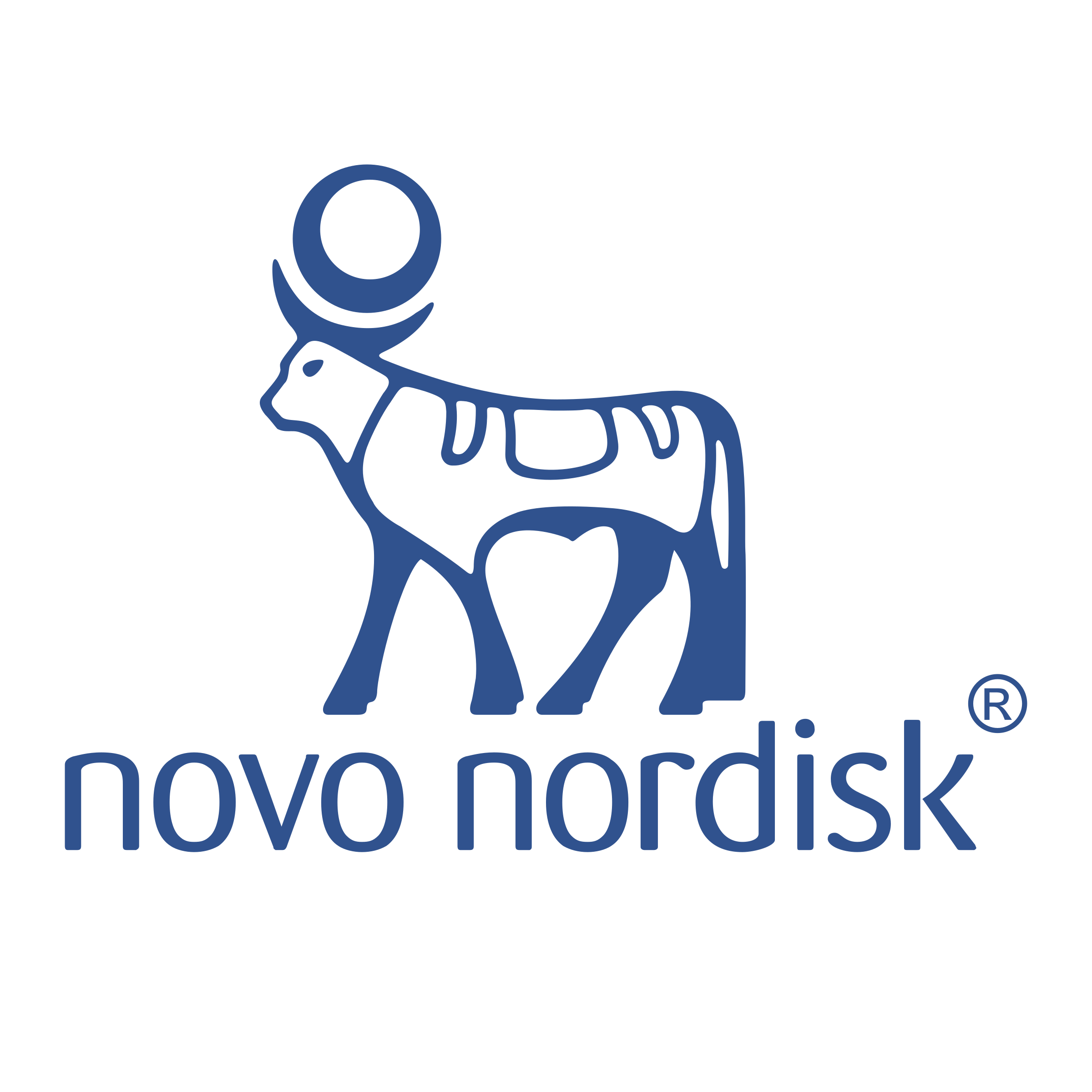


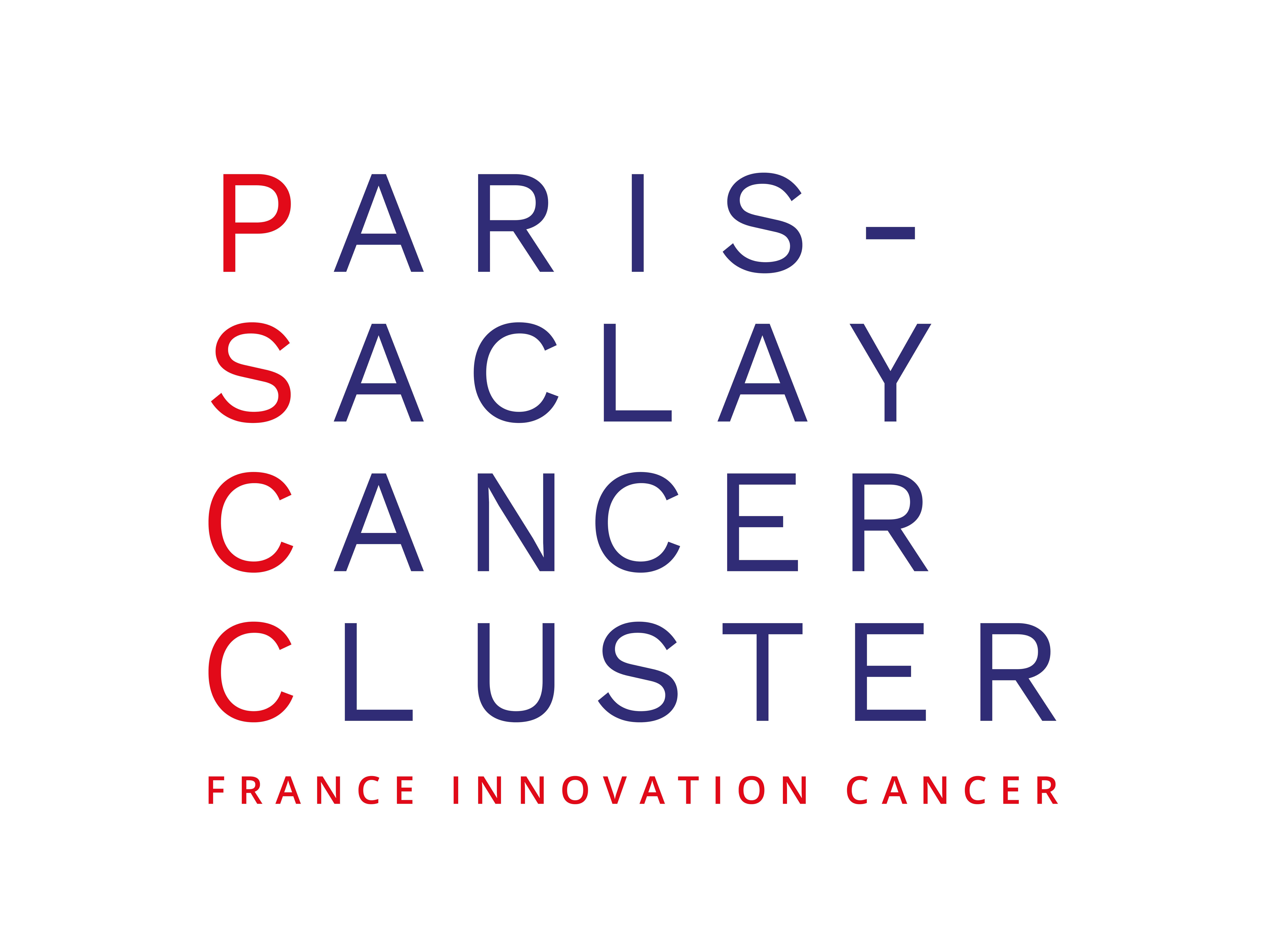
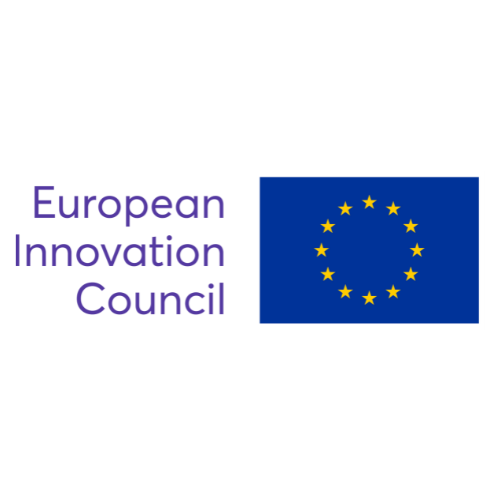
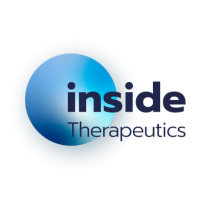
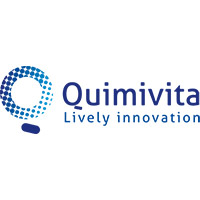
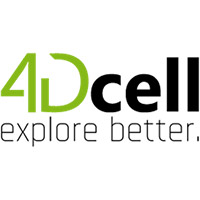
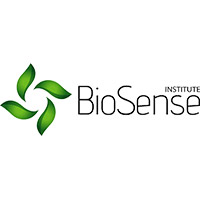
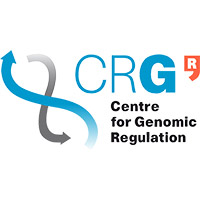
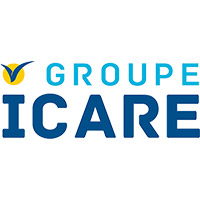

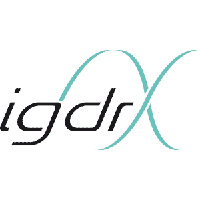
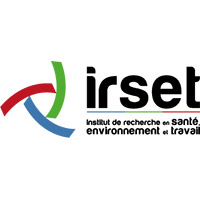

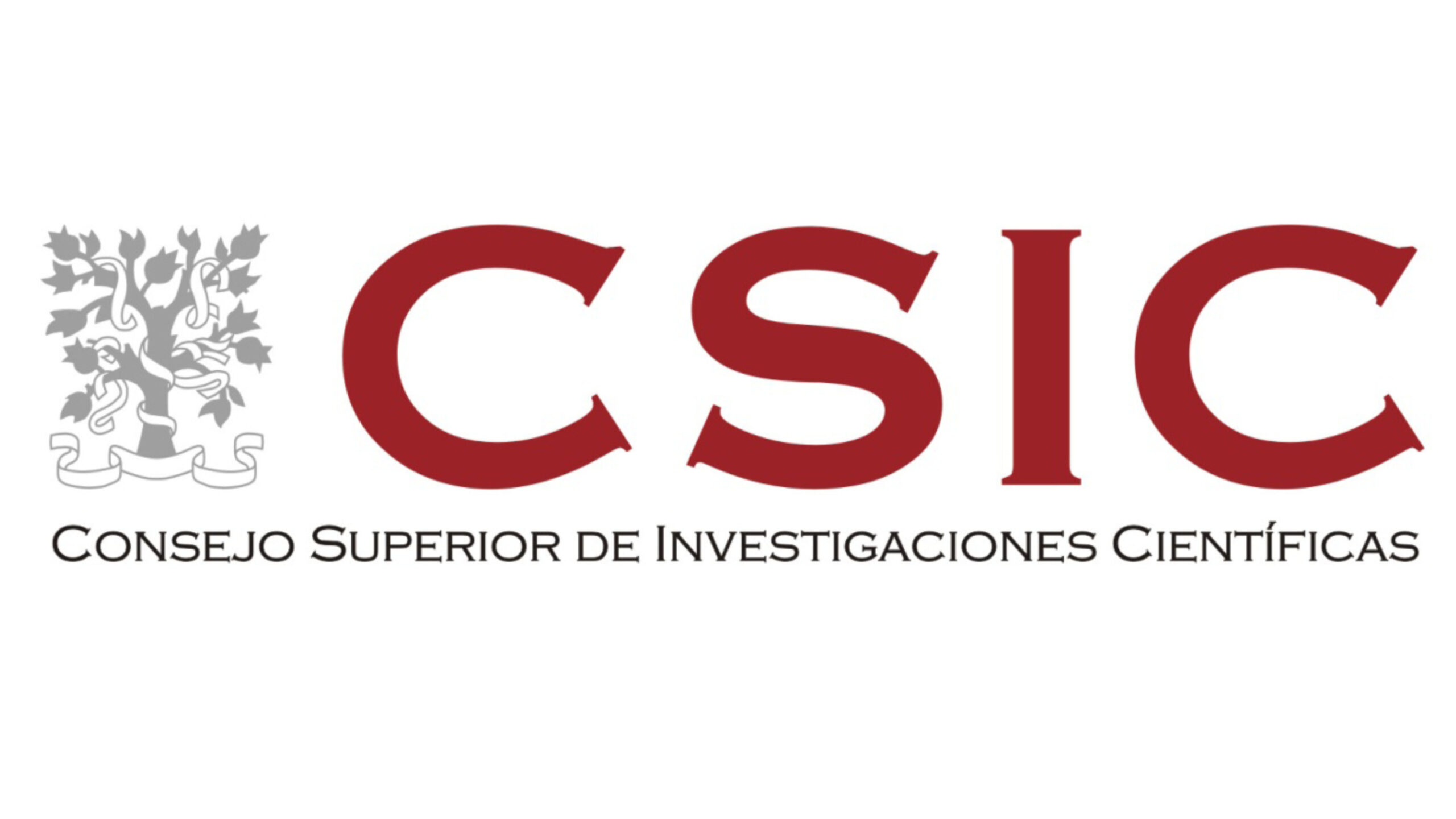
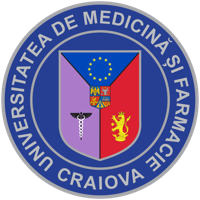


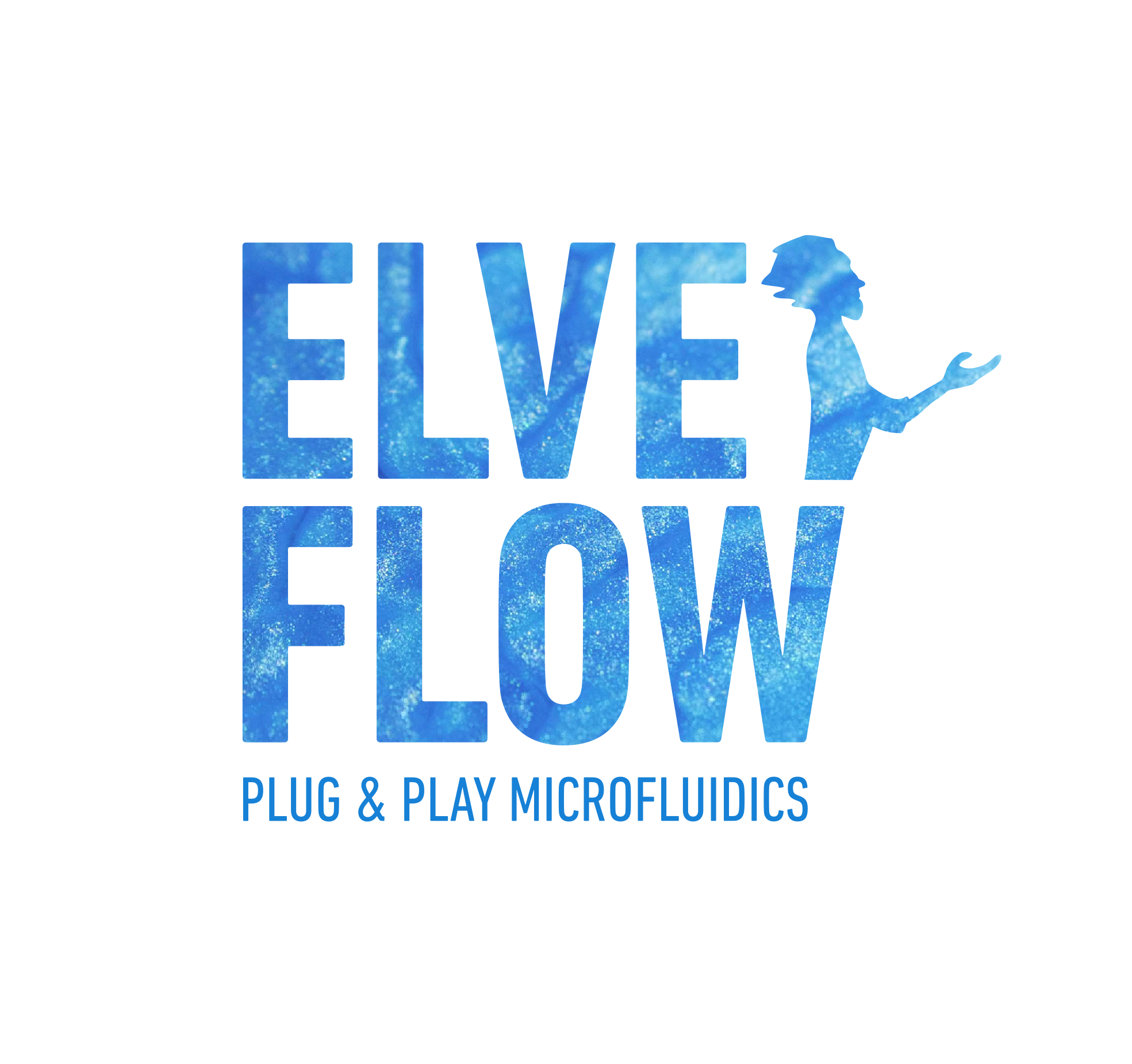
Ready to Accelerate your reasearch?
Get in Touch
contact@cherrybiotech.com
Phone
(+33) 9 87 04 70 35
Why Researchers Choose Us
- Proven track record in organoid technology
- Expert scientific support team
- Fast and reliable delivery
Looking for a more hand off experience?
Cherry Biotech’s CRO service is a step by step process designed to provide customers with accurate and reliable invitro data for drug development. Our 3D CRO service offers a diverse portfolio of biology models to improve the likelihood of success in your clinical trials.


